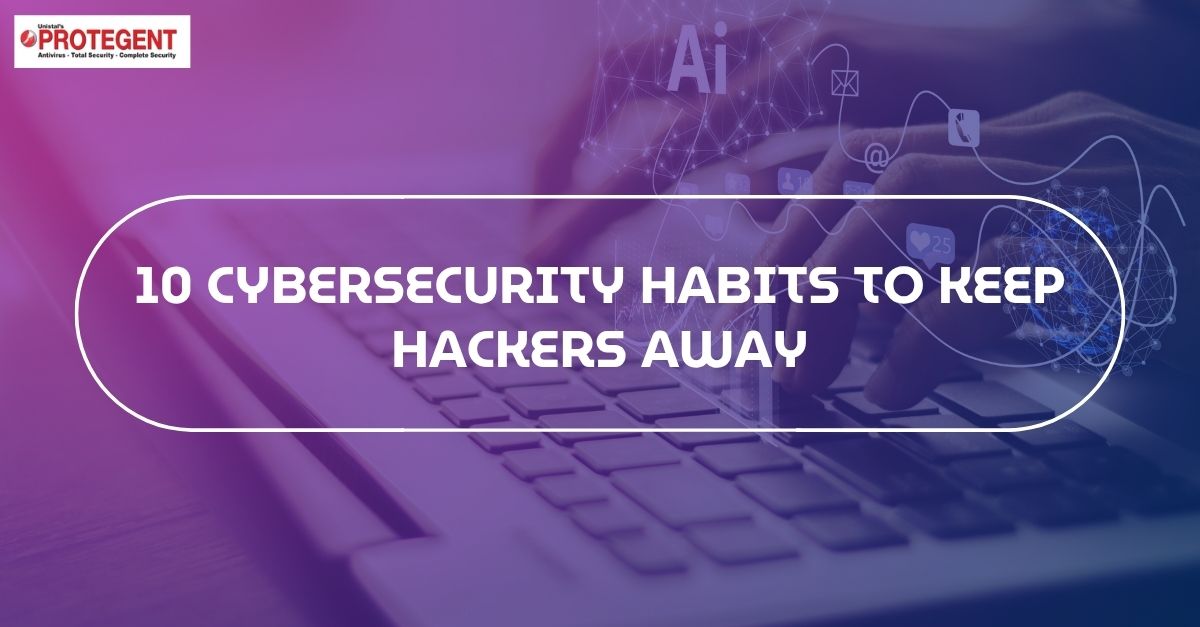
From Passwords to Privacy: Habits to Guard Your Family’s Privacy
The digital life we lead today is fast, convenient—and increasingly risky. India reported a dramatic rise in cybersecurity incidents in recent years, with the government noting incidents climbed from roughly 1.03 million in 2022 to about 2.27 million in 2024. Press Information Bureau. At the same time, financial fraud has exploded: official figures revealed that high-value cyber fraud cases jumped more than fourfold in FY2024, registering sizeable monetary losses. Reuters A parliamentary data disclosure put the 2024 loss from cyber fraud at an eye-watering ₹22,845.73 crore — a 206% rise year-on-year — underlining how serious the problem has become for everyday people. The Times of India
Why does this matter to families? Because virtually every everyday action—paying bills via UPI, logging into email, joining a work call, sharing pictures—creates a small doorway scammers can exploit. UPI and other digital payment volumes continue to climb (over 18,000 crore transactions by Jan 2025), increasing the attack surface for fraudsters who use social engineering, SIM swaps, deepfakes, and fake apps to harvest money and data. Press Information Bureau, cybersecurity think tanks, and industry reports warn that India is at an inflection point: the volume of incidents, financial losses, and AI-enabled scams are all on the rise. Data Security Council of India (DSCI)
If your family’s digital hygiene feels like a mystery, you’re not alone. The good news: simple, consistent habits drastically reduce the odds of becoming a victim. Below are ten practical habits Indian households should adopt today.
- Make strong, unique passwords: Using a weak password across multiple sites is like leaving your front door wide open. Instead, opt for long passphrases or randomly generated passwords, and keep them safe in a trusted password manager. This way, each of your accounts has its own robust key, and you won’t have to juggle a bunch of different strings in your head.
- Turn on two-factor authentication (2FA): 2FA is a smart move (ideally using an authenticator app or a hardware key instead of SMS) because it adds an extra layer of security if your password ever gets compromised. Make sure to turn it on for your email, banking, shopping, social media, and any workplace applications.
- Treat UPI and banking prompts with suspicion: Scammers often use a common tactic: they pretend to be someone you know or an official and ask for your OTPs or try to trick you into approving UPI payments. Always keep your OTPs to yourself, and if you get a call asking you to “confirm” a bank transaction, just hang up. For any significant payments, double-check through a different method, like a phone call or meeting in person.
- Keep devices and apps updated daily or weekly: Keeping your software up to date is crucial for fixing security vulnerabilities. Make sure to turn on automatic updates for your phones, operating systems, browsers, and essential apps. Older versions can easily fall prey to malware and data breaches.
- Review app permissions & avoid unknown apps: Especially on Android, many apps tend to ask for way more permissions than they actually need. It’s a good idea to regularly check these permissions and remove any apps you haven’t used in a while. Stick to downloading apps from the official Play Store, and don’t forget to look at reviews and installation numbers before hitting that download button.
- Secure your home Wi-Fi and smart devices: Make sure to change the default passwords on your router, use WPA3 or WPA2 for security, and create a strong Wi-Fi password. It’s smart to keep guest devices on a separate network and regularly update the firmware on your smart TVs, cameras, and other IoT gadgets. Think of your router as a vital part of your home security.
- Educate every family member: Scammers often take advantage of trust and confusion. Have a quick family chat about how to identify phishing messages, what to do if someone asks for money, and why it’s important to be cautious with strangers online. You might even want to role-play a scam call or message so everyone can spot the warning signs.
- Backup important data regularly: Consider using an external hard drive or a reliable cloud service to store copies of cherished family photos, important documents, and financial records. If you ever fall victim to ransomware or accidentally delete something, having backups will be your quickest way to recover.
- Use secure browsing habits and verify links: Before clicking on any links, hover over them (or long-press if you’re on mobile) to see the actual URL. Steer clear of suspicious attachments or links. If you’re unsure, it’s safer to type the website’s address directly into your browser.
- Keep privacy settings tight on social media: Sharing too much personal information can make you an easy target for social engineering. Keep your friend lists private, block any unknown contacts, and think twice before posting about your travel plans or financial situations for everyone to see.
How do these habits stop the most common frauds?
Scammers often thrive on speed, creating a sense of panic and taking advantage of our tendency to skip verification. For instance, a fraudster might call you, pretending to be from your bank, and pressure you into sharing a one-time password (OTP). However, if your family uses strong passwords, enables two-factor authentication (2FA), and adopts the “pause & verify” approach, meaning they take a moment to think things through and call the bank using the official number, the chances of falling for such scams drop significantly. Additionally, keeping backups and regularly updating your devices can help minimize the damage if something does go wrong.
Protegent Total Security: The shield for everyday digital life
Habits are essential, but families also need a technical safety net that runs in the background. That’s where Protegent Total Security comes in.
What Protegent does for households:
- Real-time antivirus & anti-malware: Blocks known and emerging threats before they execute.
- Ransomware protection & automatic backup options: Prevents unauthorised encryption of your family’s precious files and helps restore data quickly.
- Secure browsing and anti-phishing: Warns users before they land on suspicious websites or enter credentials on spoofed pages.
- Mobile security & app-permission guard: Monitors app behaviour on Android devices and alerts about dangerous permissions or rogue apps.
- Identity & privacy protection: Scans for leaked credentials and helps you change compromised passwords; monitors for personal information being exposed online.
- Parental controls: Manage screen time, filter inappropriate content, and safeguard children from predators and scams.
- Easy management & customer support: Simple dashboard for non-technical users and guided remediation if an incident occurs.
Final thought
Digital safety is not a single action; it’s a daily practice supported by smart tools. The alarming rise in incidents and losses in India shows that convenience without vigilance is costly. By adopting the 10 daily habits above and layering Protegent Total Security as the household’s technical shield, families can enjoy the benefits of the digital world while keeping fraudsters at bay.




